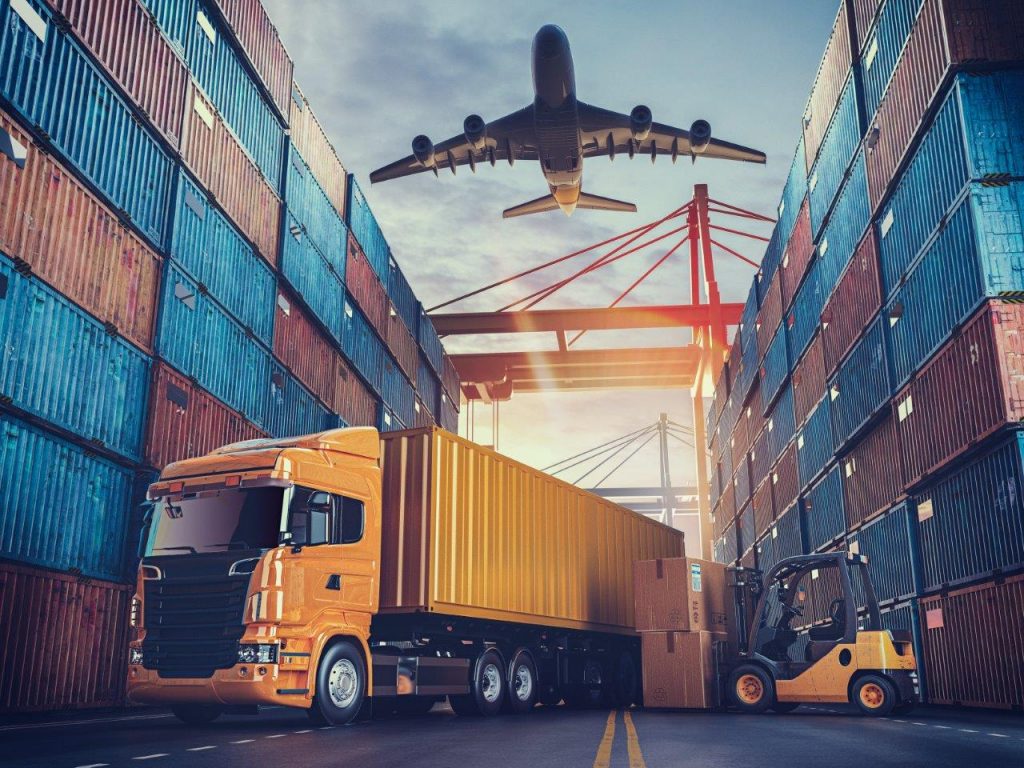How can international freight forwarders assist customers with loading to save costs?
In international trade, freight forwarding companies play an important role in helping customers transport goods by sea and air. In order to help customers save costs, these agencies not only provide basic transportation services, but also provide more economical and efficient freight services by optimizing cargo loading and refining transportation plans. This article will explore strategies and practices on how international freight forwarders can assist customers in optimizing loads to save costs.
Load optimization in ocean shipping
1. Cargo packaging and stacking: Freight forwarding companies use professional packaging design and cargo stacking planning to load goods reasonably and tightly into containers, making full use of the space in the container, avoiding waste of space, and minimizing transportation costs.
2. Container organization and sorting: The agency will reasonably organize the loading sequence and location of the goods based on factors such as the type and size of the goods to ensure the stability and safety of the goods in the container and reduce loss and damage during transportation.
3. Loading plan optimization: According to customer needs and transportation conditions, freight forwarding companies will provide different loading plans, including LCL, FCL, LCL, etc., to meet customer needs, improve loading efficiency, and reduce loading costs.
4. Transportation path planning: The agency will optimize the transportation path based on factors such as the origin, destination and transportation time of the goods, select the most economical and fastest route and voyage, reduce transportation costs, and improve transportation efficiency.

Load optimization in air freight
1. Cargo classification and packaging: The agency will reasonably classify and pack the goods based on factors such as the nature, size and weight of the goods to ensure the safety and stability of the goods during air transportation and reduce the risk of damage and loss of the goods.
2. Maximize space utilization: In order to maximize the use of air transportation space, freight forwarding companies will flexibly arrange the loading sequence and location of goods according to customer needs and transportation conditions, making full use of cargo space and reducing transportation costs.
3. Flight selection and booking: The agency will select appropriate flights for cargo transportation based on customer needs and cargo characteristics, and book flights in advance to ensure that the cargo reaches the destination in time and avoid delays and additional costs caused by tight flights. .
4. Application of logistics information technology: Freight forwarding companies will use logistics information technology to monitor the transportation status and location of goods in real time, adjust loading plans in a timely manner, optimize transportation routes, improve transportation efficiency, and reduce freight costs.

Comprehensive coping strategies
1. Customer-customized services: The agency provides customized transportation plans and loading plans based on customer needs and cargo characteristics to meet customers' individual needs and improve customer satisfaction.
2. Transportation process optimization: The agency provides customers with more economical and efficient freight services by optimizing the transportation process, simplifying operating steps, improving work efficiency, and reducing transportation costs.
3. Cargo tracking and monitoring: The agency company uses the logistics information system to monitor the transportation status and location of the goods in real time, grasp the cargo transportation situation in a timely manner, and improve the safety and controllability of the cargo transportation.
4. Flexibly respond to market changes: The agency company flexibly adjusts transportation strategies and loading plans according to market demand and transportation conditions, responds to market changes in a timely manner, maintains competitive advantages, improves transportation efficiency, and reduces transportation costs.
By taking the above measures, international freight forwarding companies can assist customers to optimize loading, reduce transportation costs, improve transportation efficiency, and provide customers with better freight services.




